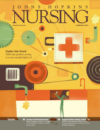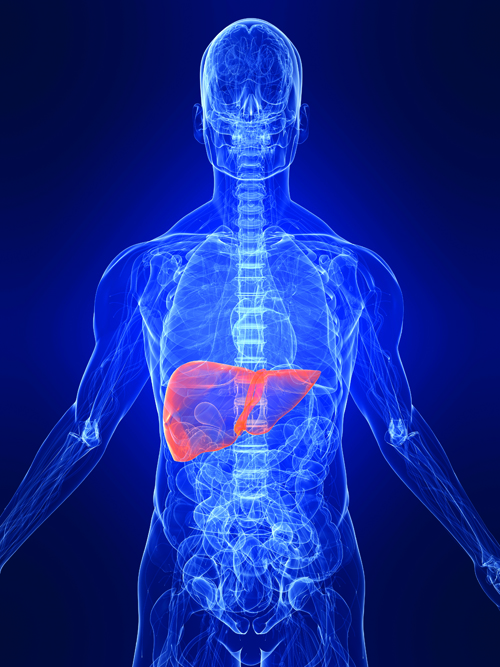By Sara Michael
Even before a transplant and well afterward, as a worried patient waits, weighs the options, and then seeks guidance on making the most of a second chance, a nurse is friend, guide, and brainstormer as much as health care provider. Who better, then, to tackle the challenge of community outreach for a transplant unit?
With its strong reputation and name recognition, the Johns Hopkins Hospital hasn’t had much trouble attracting patients to its Comprehensive Transplant Center. But in recent years, other area centers had gained ground. Administrators concluded that though the Hopkins center had the big name and proven results, it needed a change in strategy, and a face. Where the transplant team had relied on larger events to spread the word, it needed to shift the focus to smaller arenas and apply a personal touch.
“It needed to be down-in-the-trenches outreach where you were visible in the community and could put a face with the name,” says Laura Conroy, RN, BSN, transplant program development manager at Johns Hopkins Hospital.
Armed with revamped brochures and information cards, Conroy and others began meeting directly with patients and families at dialysis units, among other spots, discussing Hopkins’ transplant wait times, how to get on the transplant list, and what to expect from there. Any questions are answered on the spot by an expert caregiver. “They relate well to the patient and can really educate them as to why a transplant would be a good option as opposed to dialysis,” explains Michelle D’Alessandro, RN, DNP, assistant director of nursing at the Hopkins center.
Team members also connect with physicians, fellow nurses, technicians, and social workers to educate them on the Hopkins program.
Once a relationship is established, nurses can share their “been there, seen that” experience and insight with patients and offer an “I’m right here” empathy as they help guide patients through the process and into a healthier life. “It’s a lot about hand-holding and encouragement and support, and it takes time,” Conroy says. “You have to be willing to provide this service to patients.”
The outreach is certainly having an impact. Referrals for liver patients, for example, have tripled since 2012, explains Brigitte Sullivan, MBA, the center’s administrator. Kidney and blood and bone marrow transplants are up as well. Sullivan also credits the addition of surgeon Ben Philosophe, MD, PhD, who has championed the relationship-building with community physicians.
“We are providing a service that everybody wants and needs,” Conroy says. “And we are proud to go out and say we have done a great job, A to Z.”

